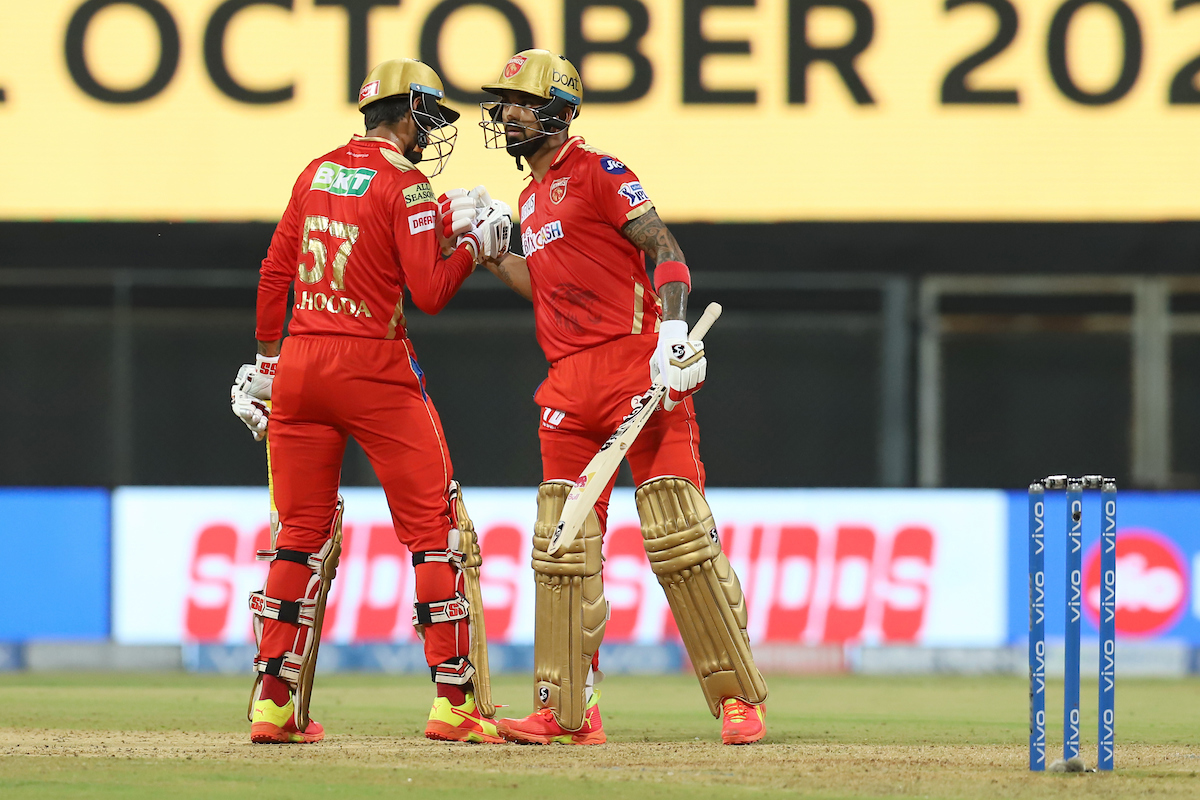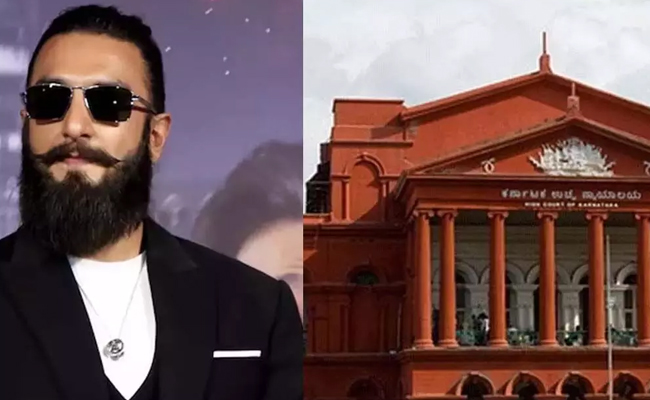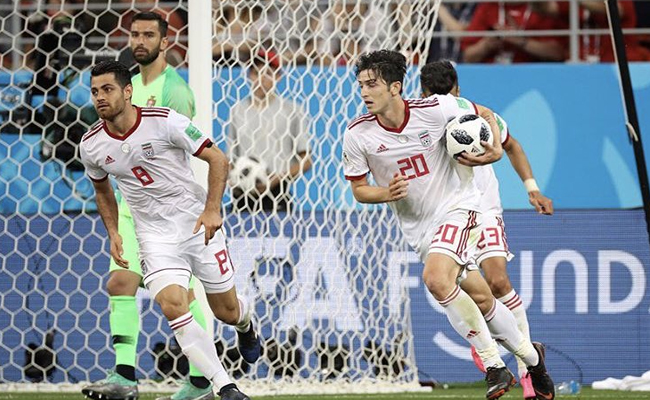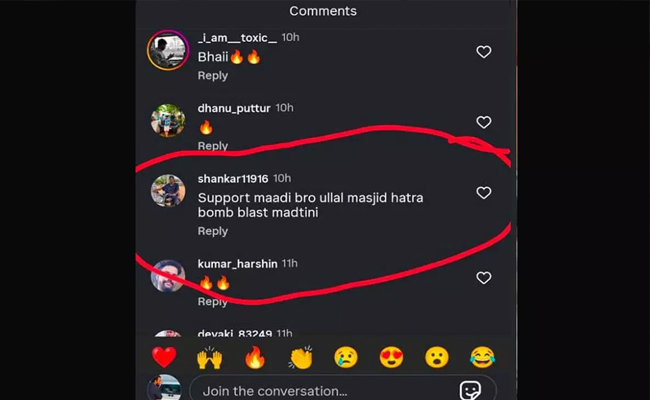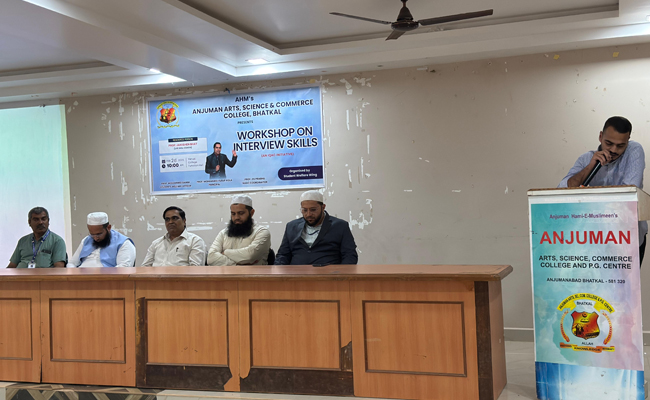Mumbai, Apr 12: KL Rahul and Deepak Hooda pummelled the Rajasthan Royals bowlers into submission with their sensational stroke play, propelling Punjab Kings to an imposing 221 for six in the IPL here on Monday.
While Rahul smashed seven fours and five sixes in his 50-ball 91, Hooda, playing his first game since the last IPL, plundered six maximums and four boundaries as he blazed his way to 64 off just 28 balls.
Put into bat, Punjab lost opener Mayank Agarwal (14) early, who edged it back to Royals captain and wicketkeeper Sanju Samson for IPL debutant Chetan Sakariya's first wicket.
He ended being the pick of the bowlers, conceding only five runs in the 20th over.
Rahul, who got his first four with a glance to the fine-leg fence, and Chris Gayle (40 off 28) gave the team a good start with their 67-run stand.
Rahul got a life' after Ben Stokes dropped him at the fence in the seventh over even as Gayle, looked in his elements.
The duo then took on Stokes, as Gayle hit his 350th IPL six, a pull over deep square in the 8th over with Punjab racing to 70 for one.
Gayle was dropped by leggie Rahul Tewatia (0/25) off his own bowling and the very next ball, the left-hander smashed a six.
However, in the 10th over, Riyan Parag (1/7) removed Gayle, who was holed out to Stokes in the deep.
Rahul then changed gears and got to his fifty with a six over Shivam Dube's (0/20) head in the 13th over.
Hooda then smashed two maximums in the same over and then struck three sixes off Shreyas Gopal (0/40) in the next as Punjab went ballistic.
It was Rahul and Hooda's show at the Wankhede that made the difference to their total as the duo tore into the opposition attack on way to to their 105-run stand.
Courtesy their monstrous hitting, Punjab added 111 runs in the final eight overs.
Hooda, who had made a 62 against CSK in his last competitive game in November, had stormed out of the Baroda camp ahead of the Syed Mushtaq Ali Trophy after claiming that Krunal Pandya misbehaved with him. Hooda was subsequently suspended.
Let the Truth be known. If you read VB and like VB, please be a VB Supporter and Help us deliver the Truth to one and all.
Bengaluru (PTI): The Karnataka High Court on Monday extended the interim relief given to Bollywood actor Ranveer Singh till March 9, in a case related to mimicking a character from the movie, 'Kantara Chapter-1', and allegedly mocking a deity.
The actor had approached the High Court seeking the quashing of the FIR against him for mimicking Rishab Shetty's role as 'Chavunda' deity in the movie.
While mimicking, Singh had called the deity a "ghost". The actor was asked to appear before the court in person on Monday.
Appearing on behalf of the actor, his counsel Sajjan Poovayya said Singh was stuck in London and was unable to reach Bengaluru due to the conflict in West Asia.
The complainant, who is a lawyer, alleged that his religious sentiments were hurt by calling the deity a ghost. On the directions of a local Court, the police registered a case against the actor.
The High Court on February 24 granted interim relief to the actor with directions to the police not to take any coercive steps against him.

